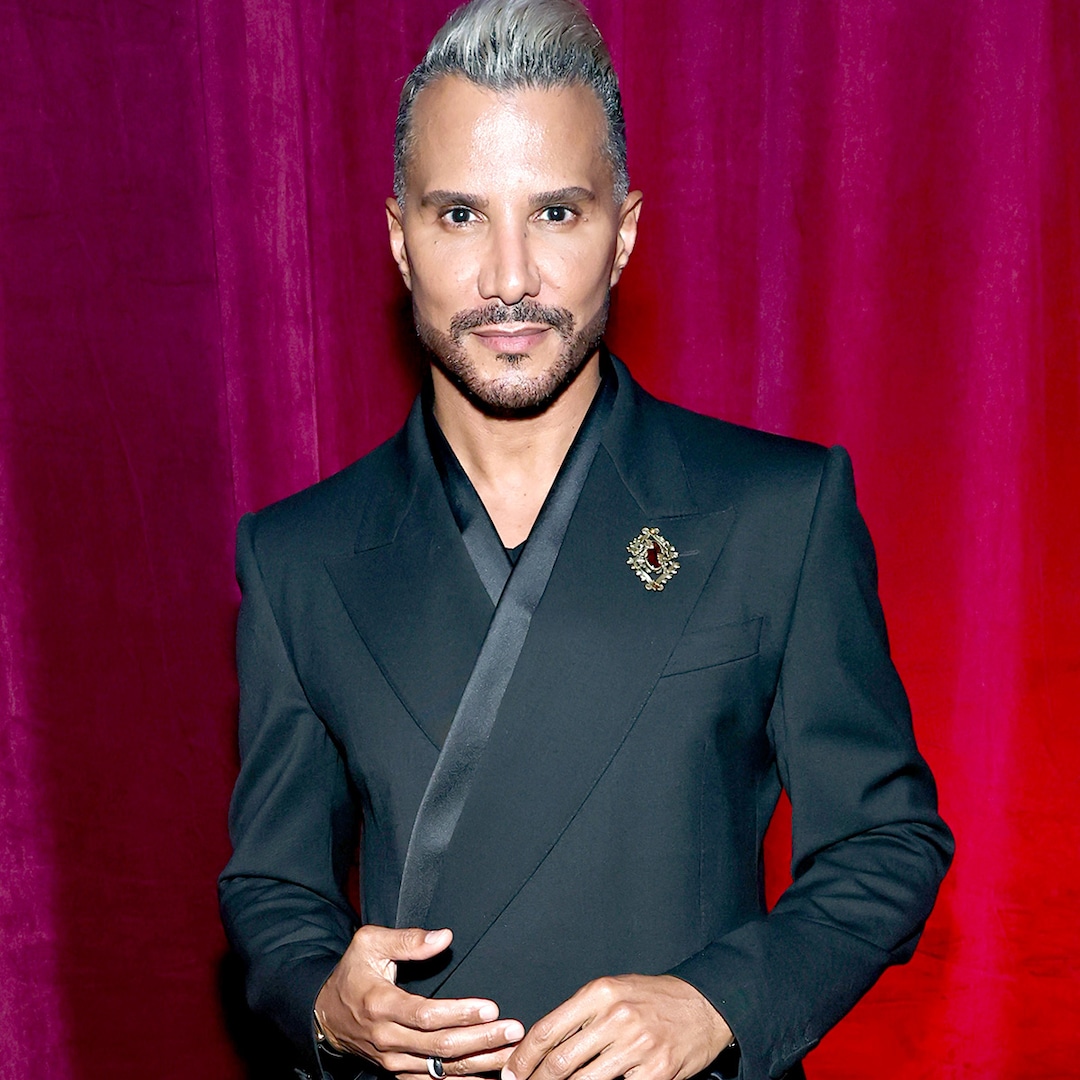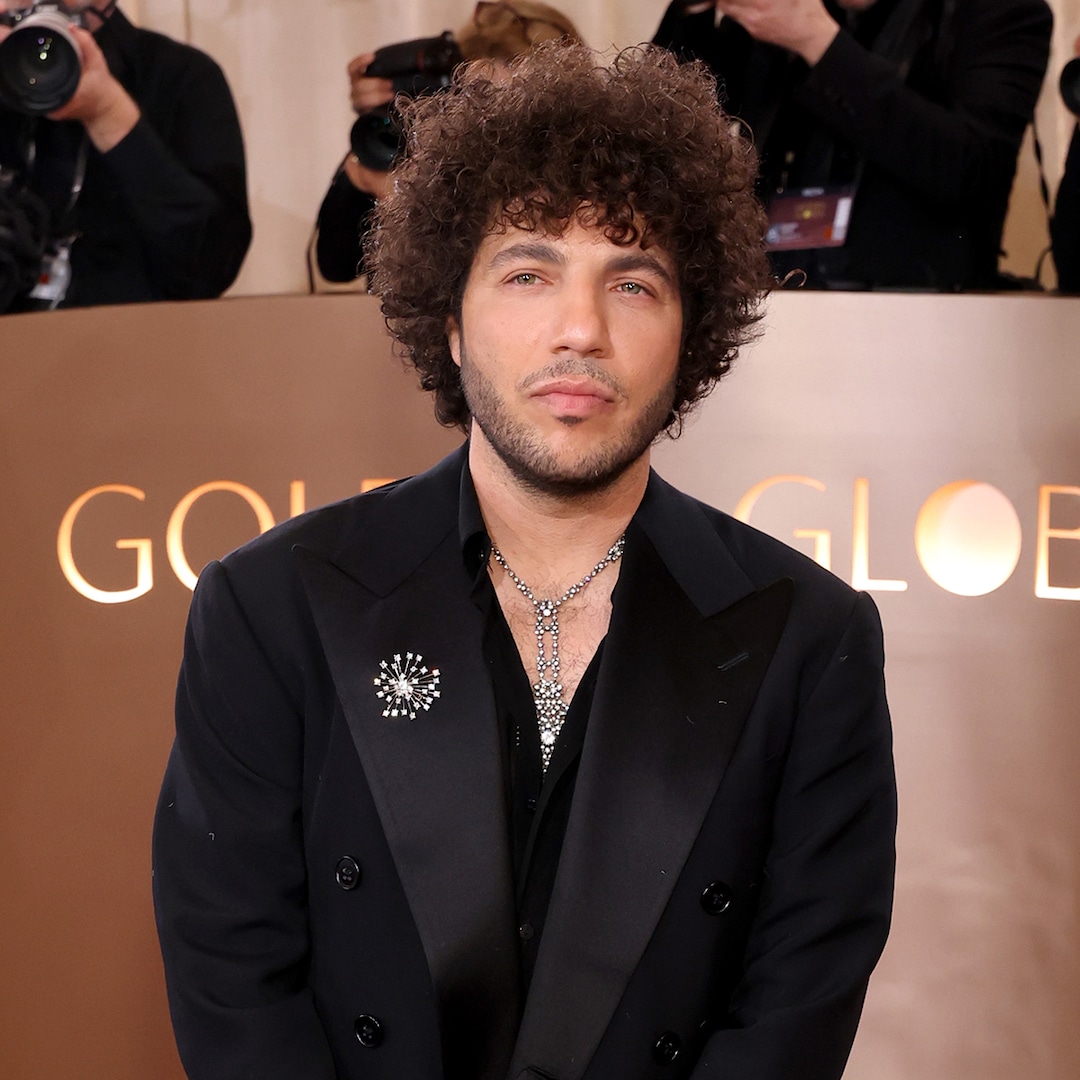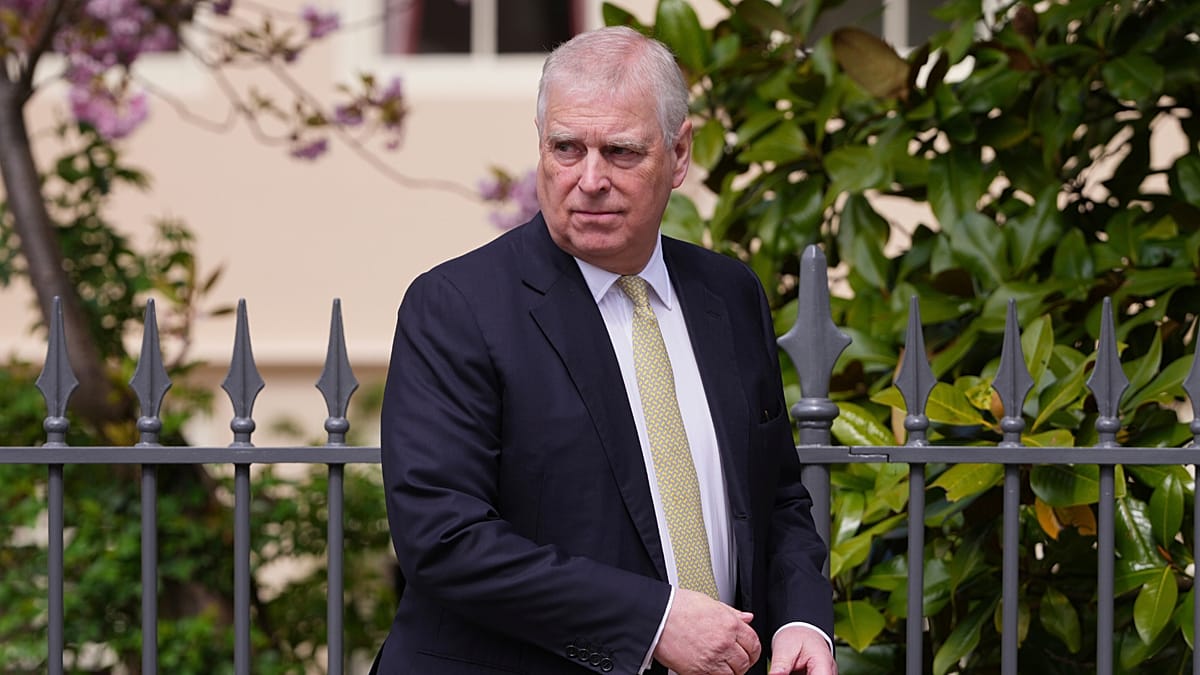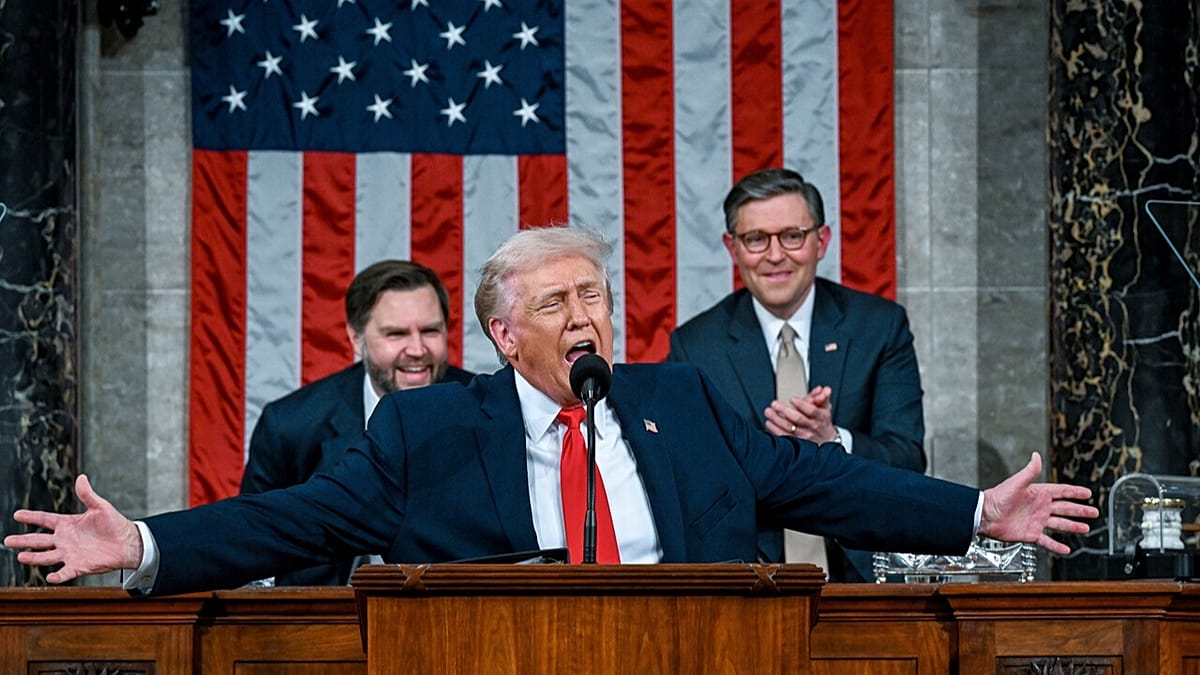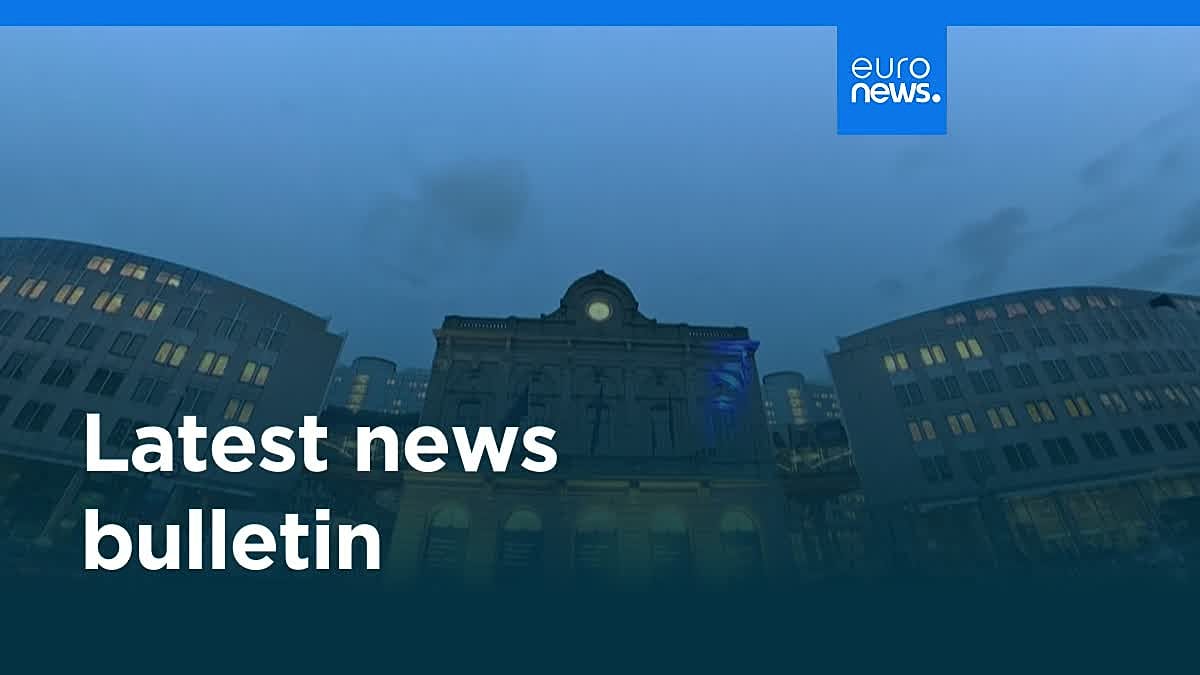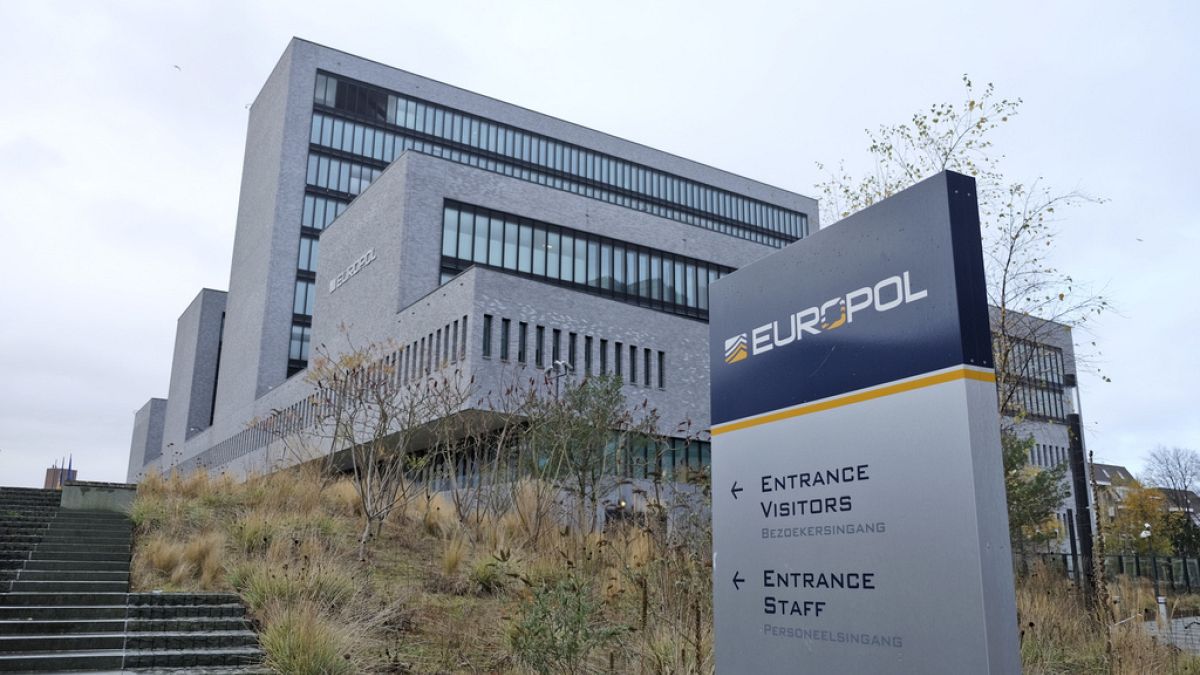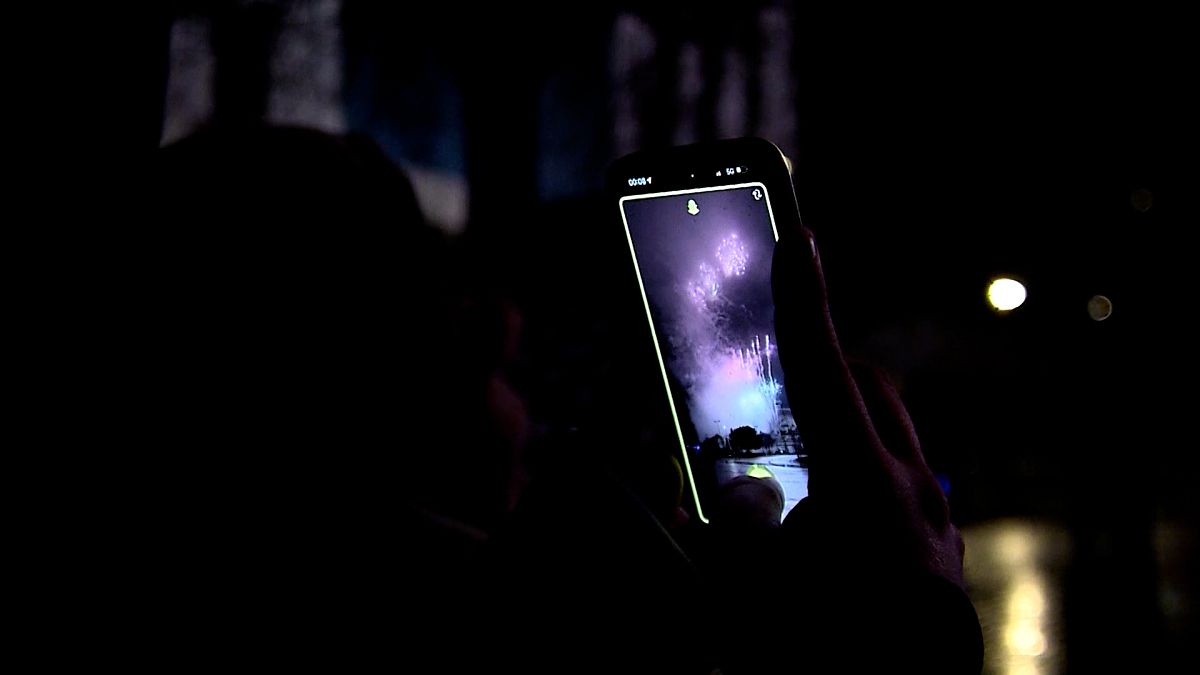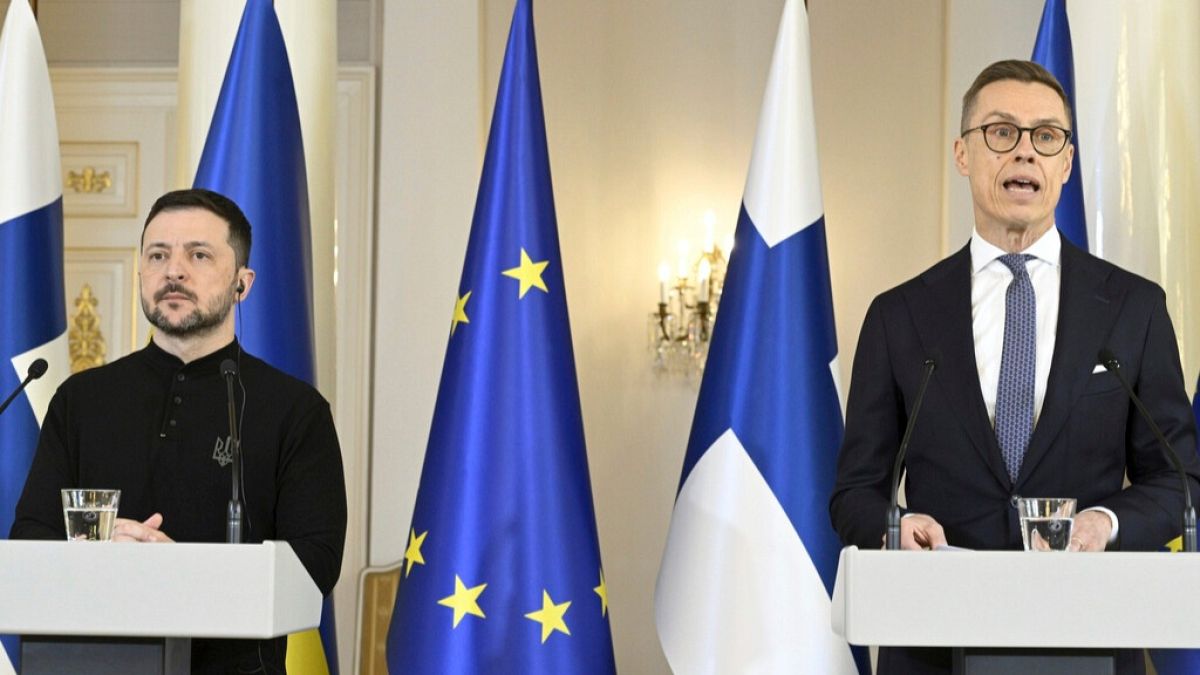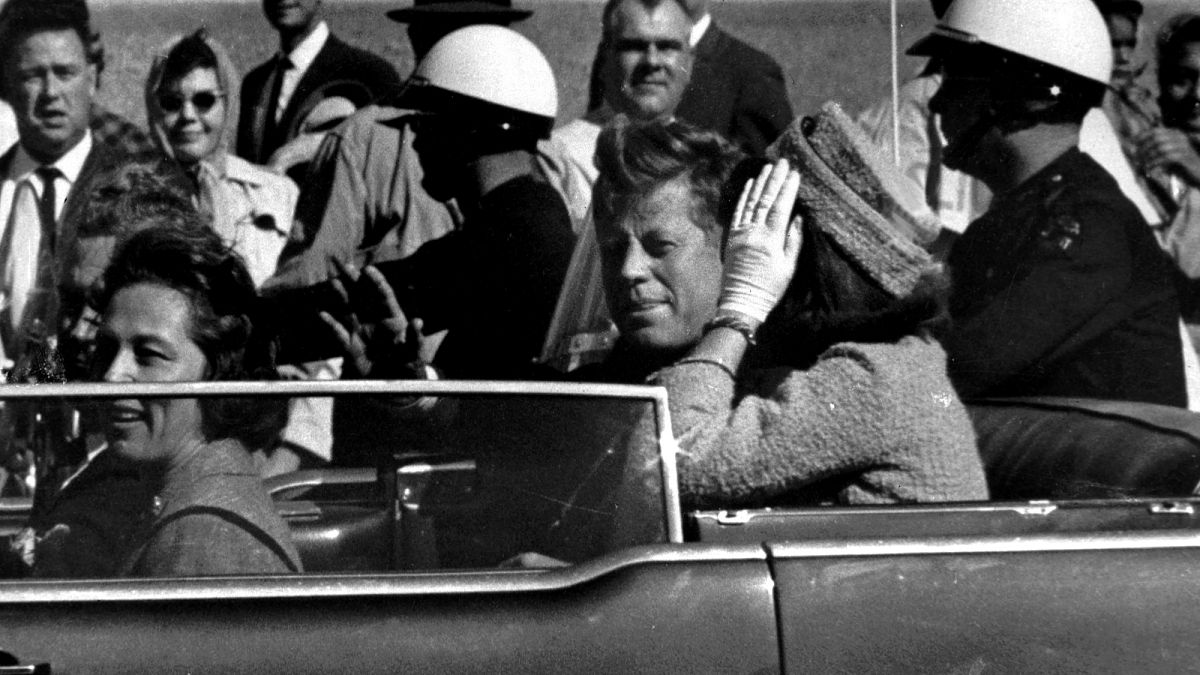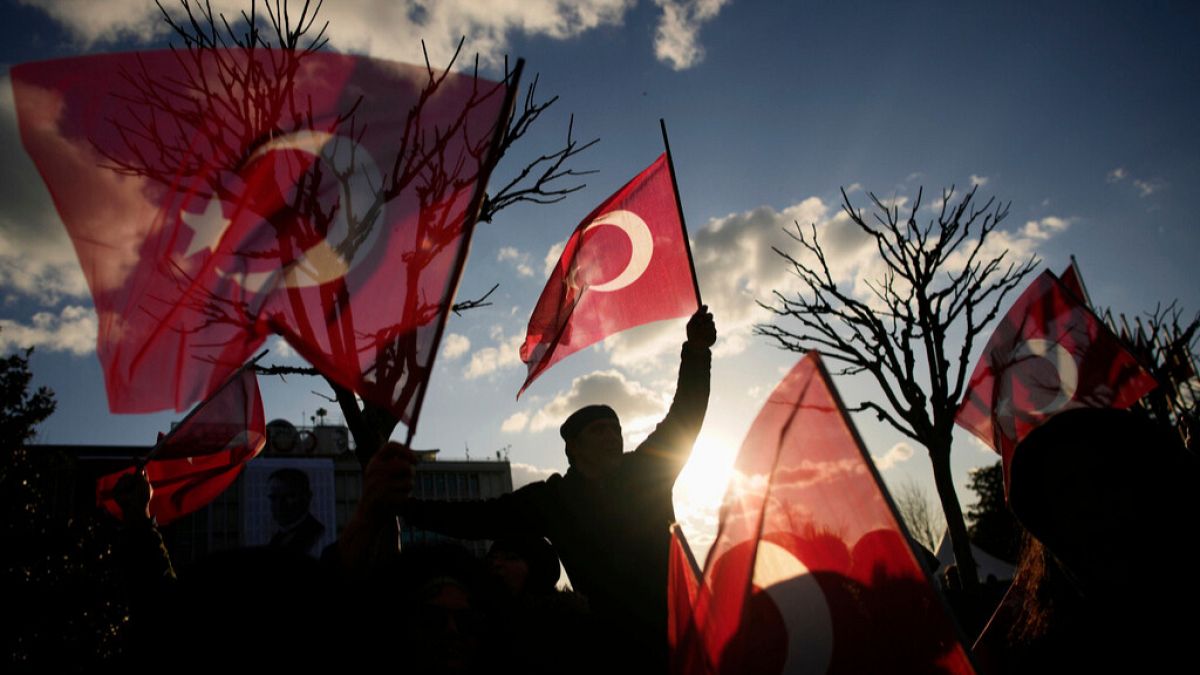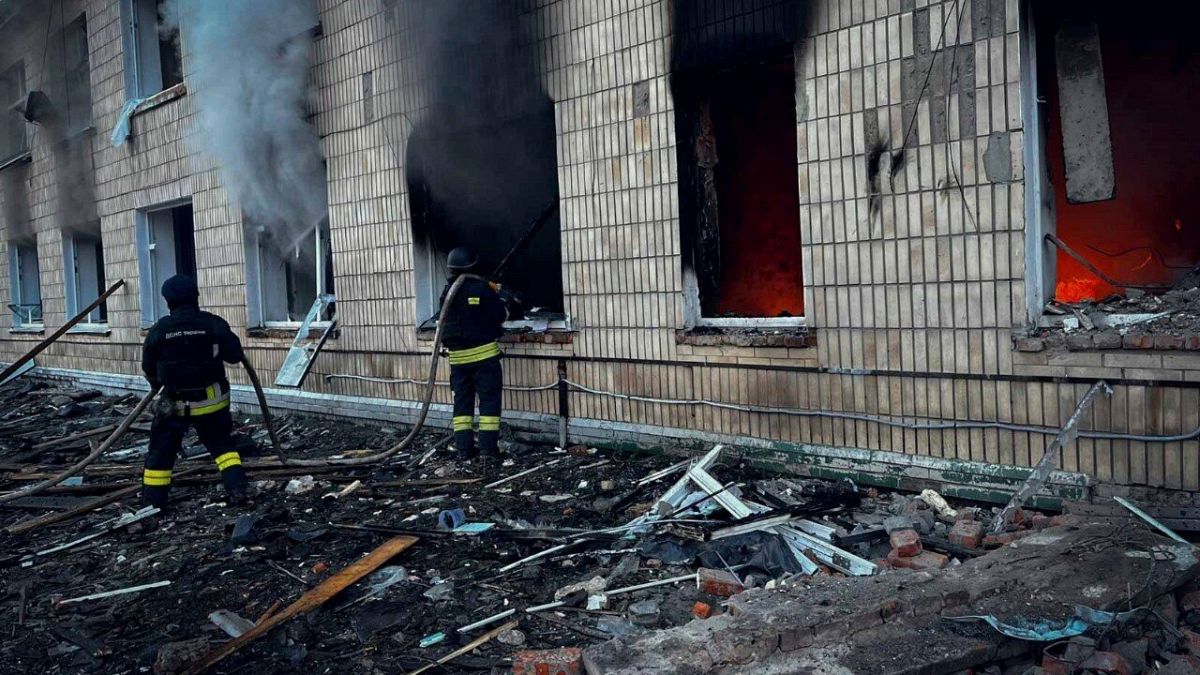EU Parliament criticizes EU’s passivity in peace negotiations for Ukraine

STRASBOURG – Europe should have come up with peace initiatives much earlier, so the criticism from many political groups in a debate about the recent peace negotiations went. The role of the EU in this must be strengthened, the parliament believes.
The Dutch MEP Thijs Reuten (GroenLinks-PvdA) emphasized the importance of “a coordinated and proactive approach to peace with our partners.” Europe must be made “a relevant force for peace.” With the 28-point plan, “we had, once again, no other choice but to react in panic to a very flawed plan that bears the stamp of Moscow.”
“Europe arrived one minute before twelve to support Ukraine and prevent a disaster,” criticized Reinier van Lanschot (Volt). According to him, Europe must overcome its “inferiority complex. We have everything it takes to become what the US is no longer: a united democracy that defends freedom.”
Group leader Manfred Weber of the center-right EPP believes that Commission President Ursula von der Leyen should represent the EU at the negotiating table, and not countries like France, Germany, and the UK. Von der Leyen is from the EPP, the largest party in the EU parliament.
The Greens believe that Von der Leyen, together with EU foreign chief Kaja Kallas, should represent Europe, said group leader Terry Reintke.
The parliament condemned the American plan. “That is not a peace plan, but a capitulation plan,” said group leader Iratxe García Pérez of S&D.
The parliament finds the surrender of territory and the reduction of the Ukrainian army unacceptable. A large part also finds a ban on Ukrainian NATO membership intolerable.
Several major political groups, including the social democratic S&D, the liberal Renew, and the Greens, believe that the blockade on the use of frozen Russian assets for a loan to Ukraine should be lifted. The EU member states have not yet agreed on this.
The European Parliament reiterated that Russia is the aggressor and Ukraine the victim. Russia must pay for the damage it causes, which, according to a majority, justifies that the Russian assets go to Ukraine.
(November 26, 2025)


















